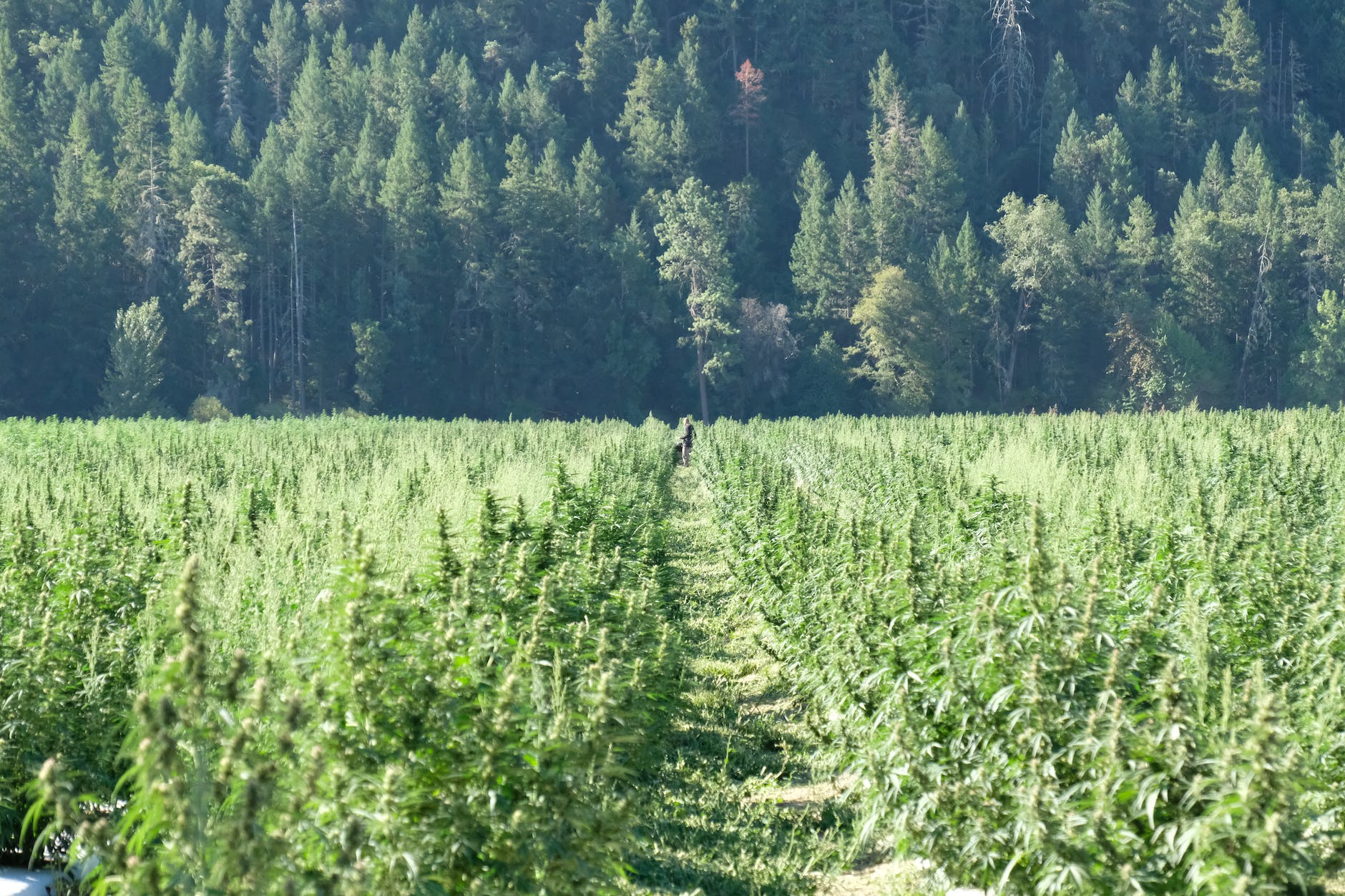Cannabis cultivation is an emerging and lucrative industry that’s spreading worldwide. However, conventional methods of growing cannabis, like many other crops, can put a strain on the environment. The cultivation process often involves excessive use of water, energy, and non-organic fertilizers, contributing to environmental degradation. Fortunately, there’s growing interest in producing organic cannabis using eco-friendly and sustainable farming practices to mitigate cannabis cultivation’s environmental impact.
The sustainable cannabis cultivation movement takes a comprehensive approach to environmental care, encompassing factors such as renewable energy for cannabis cultivation, water conservation, waste management, composting, sustainable packaging, and the use of sustainable cannabis fertilizers.
Sustainable cannabis farming embraces organic cannabis cultivation, striving to eliminate harmful synthetic chemical inputs from pesticides and fertilizers. Instead, it empowers the potential of biological controls, organic fertilizers, and crop rotation. Organic farming not only produces save-to-consume products, but also helps to conserve soil and water, making cannabis production a more eco-friendly practice.
Effective water conservation in cannabis cultivation is another central pillar of sustainable farming practices. Techniques like rainwater harvesting, drip irrigation, and soil moisture sensing can significantly reduce water usage. These water-saving innovations not only cut the production costs but also offer an effective solution to water scarcity issues increasingly affecting many regions of the world.
Sustainable cannabis cultivation is also harnessing the potential of renewable energy for cannabis cultivation. Solar panels, geothermal systems, wind turbines, and bioenergy are emerging as cost-effective and clean energy substitutes to fossil fuel-based energy solutions. Utilizing renewable energy sources not only mitigates greenhouse gas emissions but also can lead to significant cost-savings in the long run.
As in all agriculture, waste is an unavoidable byproduct of cannabis cultivation. However, adopting effective waste management in cannabis cultivation practices can turn this ‘waste’ into valuable resources. This includes converting plant waste into cannabis composting, which can enrich the soil and promote plant health. By employing composting and recycling techniques, cannabis cultivators can drastically reduce the amount of waste their farms generate, lowering the overall impact on the environment and saving costs.
Sustainable cannabis farming is also committed to reducing the industry’s plastic packaging footprint. Active efforts are being made to introduce sustainable packaging for cannabis, using materials like hemp-based bioplastics and recyclable or compostable packaging.
Furthermore, the industry is becoming proactive in using sustainable cannabis fertilizers. These eco-friendly options, drawn from plant and animal wastes or from mined minerals, offer the benefit of slow release, improving soil health for more extended periods, and limiting runoff, which can compromise water quality.
In conclusion, sustainable cannabis cultivation is at the nexus of entrepreneurship and environmental stewardship. It’s a growing understanding that economic success doesn’t have to come at the expense of the planet. By embracing organic cultivation, conserving water, utilizing renewable energy, managing waste, adopting sustainable packaging, and using organic fertilizers, the cannabis industry can tread a green path while ensuring its growth and profitability. After all, the future of cannabis cultivation lies in its potential to be both profitable and sustainable. By combining responsible cultivation practices with technology, the cannabis industry can flourish while making valuable contributions to global sustainability efforts.
